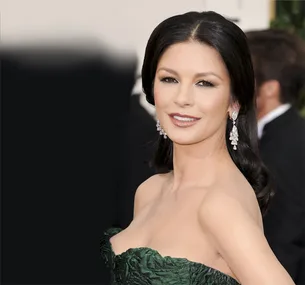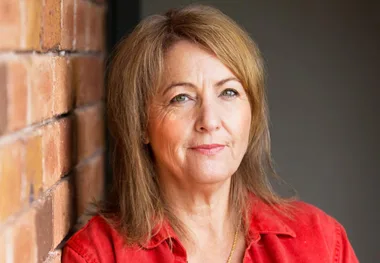Tall, athletic and with the ink drying on a professional deal to play basketball in New Zealand, Penina Davidson’s world appears a picture of perfection.
Open and engaging, the Aucklander may be one of the country’s most exciting basketball talents, yet every day is a battle coping with the double-edged symptoms of bipolar disorder, which has at times held a destructive grip on her life.
It was in her junior year at university in California that the 1.9 metre-tall basketballer was first diagnosed with the debilitating condition.
“I’d had a few relationship issues and I didn’t know how to handle that,” she explains.
“I went through a period of self-harming and covering up what I’d been doing by wearing a shooting sleeve on my arm, but the wounds were so bad, I started bleeding through my sleeve.”

Playing for the Tall Ferns against Aussie. Photo: Getty
On the recommendation of a friend, Penina was hospitalised for several days and, after testing, was diagnosed with the disorder. “It was a massive relief,” she admits.
“From then on, life became easier and I started to figure out what having bipolar meant.”
Born into a basketball family in Mt Roskill – both mum Bronwen and dad Greg coached – Penina admits she initially hated the sport.
“I wasn’t coordinated and the first point I ever scored was for the other team,” she laughs.
During her high school years at Rangitoto College, Penina excelled, making her Tall Ferns debut against Australia as a teenager before winning a scholarship to study in the US four years ago.
Yet life was not easy Stateside. She found the move a massive culture shock and struggled to adapt to the demanding collegiate basketball scene.
Battling the manic highs and depressive lows of bipolar in this environment became demanding. High periods coincided with heightened self-confidence, motivation and increased energy levels. Penina would think nothing of going to the gym at midnight, returning home at 2am and falling asleep two hours later.

The highs also brought reckless behaviour. “I have almost 20 tattoos and some of them were decided on the spot,” admits the 23-year-old.
Lethargy was common during low periods, seeing Penina sleeping 14 hours in a stretch. Meanwhile, negative thoughts would flood her mind. Gripped by the disorder, her life started to spiral downwards.
“It was horrible,” she tells. “I’d misread what a coach or a professor said and blow the situation out of all proportion. I just didn’t have the tools to cope with the negative patterns and I would end up isolating myself.”
Penina sought solace in alcohol. She’d play ear-splitting music on her headphones just to stop the noise from her brain, but the self-harm followed.
“No-one should ever feel so low that they want to do terrible things to themselves,” she cautions. “I would use anything sharp that I could get my hands on. For weeks, I couldn’t even look at myself in the mirror.”
Then came the bipolar diagnosis and hope. She has received huge support from her university teammate CJ West, “who grounded me”, as well as her mum and 17-year-old sister Mareta, who Penina speaks to every day.

She has also found her own method of coping by both embracing the condition but also trying to throw off its worst excesses.
“When I’m high, I won’t abuse it and I don’t drink coffee,” she says. “When I’m low and feel like I want to sleep for 14 hours, I set my alarm to make sure I wake up after seven or eight hours.
“Yet most of all, I’ve learned being unapologetically me has helped. If I don’t want to do something, I won’t. If I’m on a high and someone invites me for a coffee, I’ll say no.”
Graduating from university with a major in sociology in June, Penina has since earned a dream three-year contract to play professionally for Harbour Breeze in NZ’s Women’s Basketball Championship, as well as playing for the Adelaide Lightning in the Aussie national league.
However, Penina’s court ambitions are only one part of her remarkable story. She hopes by sharing her experiences of bipolar, it will generate greater awareness.
“In New Zealand, we don’t talk about it and we often adopt a ‘she’ll be right’ attitude. But this is real, it is a condition many people have little control over and it can affect people in their daily life.
“That cavalier ‘she’ll be right’ attitude just doesn’t hack it any more. The more open I am, the more people, I hope, will talk about it.”
Where to get help
If you or someone you know is struggling with suicidal thoughts, call the Suicide Crisis Helpline on 0508 TAUTOKO, text “help” to Lifeline on 4357 or call them on 0800 543 354. For other mental health issues, call 0800 111 757, text 4202 to talk to a trained counsellor free or call
Youthline on 0800 376 633.





